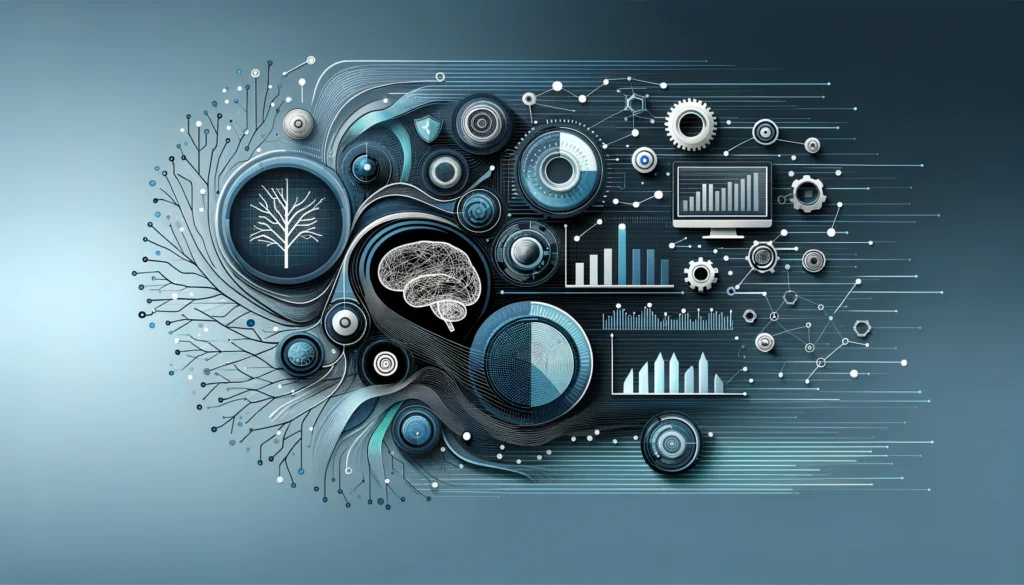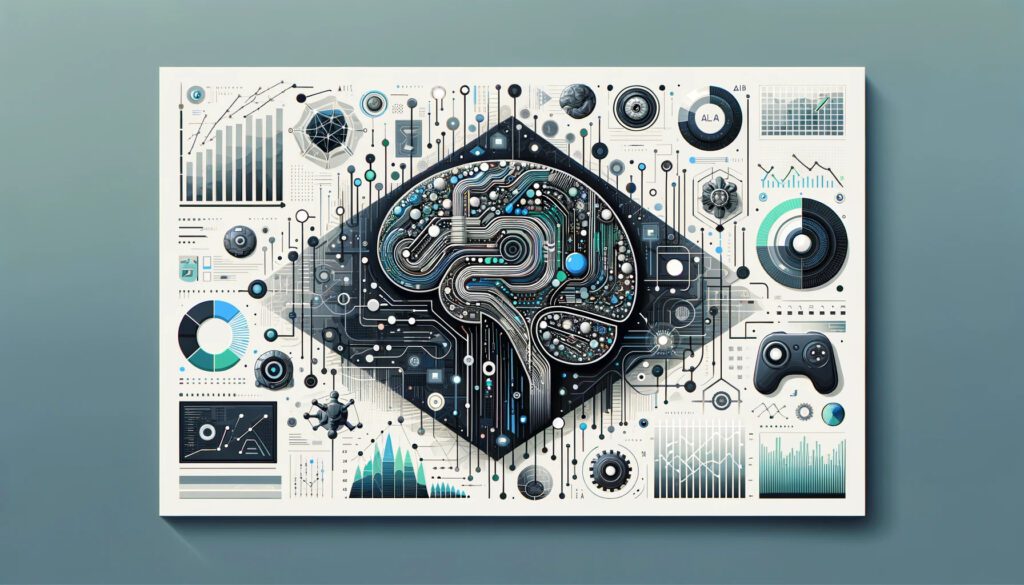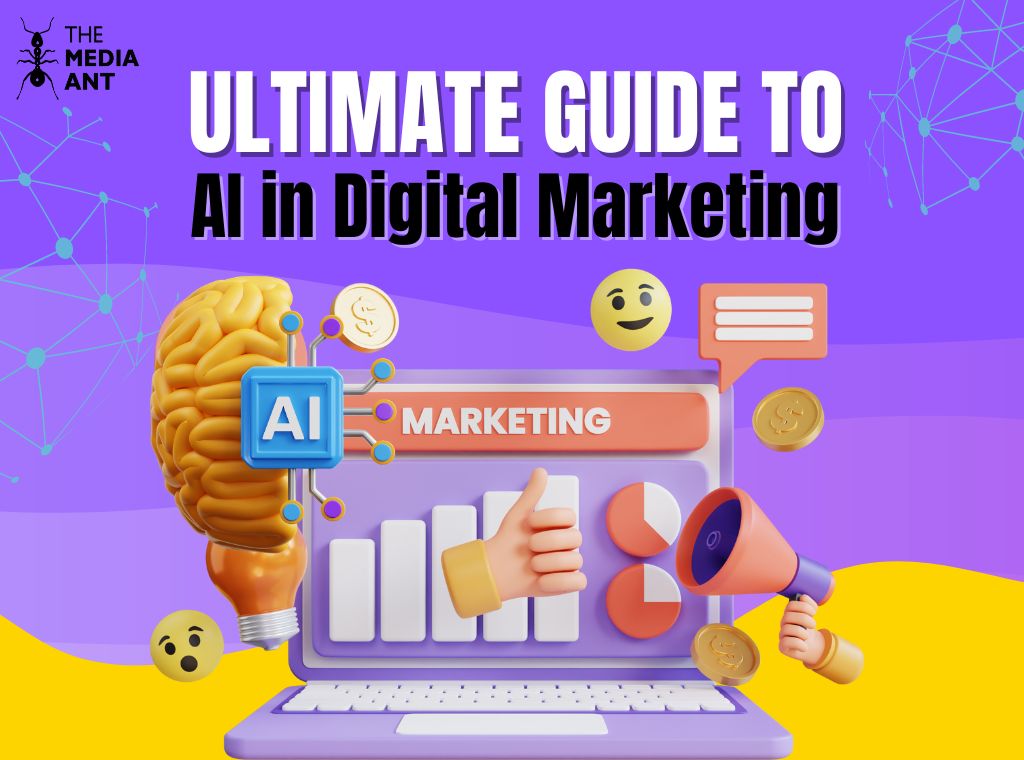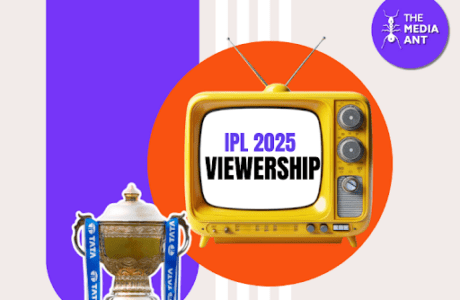It is within this dynamic environment of a digital marketing world that AI emerges as the game changer and how brands interact with their audiences. The ultimate AI guide takes this to the heart of AI’s disruption capabilities, from personalized customer experiences to data-driven approaches that transcend mixed approaches. Using artificial intelligence, find out how the streamlined operations also unleashed untapped potential to give a competitive advantage in the highly complex digital space. For the digital veteran or fresher, this guide charts the way to embracing AI and turning views into genuine engagement in your advertising campaign. Forget past innovation and welcome the future of digital marketing that AI directs.
What is AI in Digital Marketing?
AI in digital marketing means using artificial intelligence technology in a wide range of strategies and practices of the digital marketing field. This forward-thinking method helps companies harness the power of AI’s computational ability to process large datasets, anticipate consumer behavior, customize promotional materials and mechanize routine processes. Embracing AI allows digital marketing strategies to become more targeted and precise, yielding better customer journeys and higher conversion levels.
In reality, AI-based digital marketing comprises the use of algorithms and machine learning approach to the processing of large forms of data in diverse digital interactions. This information may comprise visitor activities on websites, social media connections, e-mail reactions and the users choice to purchase products online. At this scale, humans simply cannot extract from this data patterns and insights that AI tools and systems can find in an expedited manner.
AI Digital Marketing Tools

AI digital marketing tools are revolutionizing the way businesses create content, analyze data, and engage with their audience. Here are some real-life examples of AI tools across different aspects of digital marketing, showcasing the variety and depth of options available to marketers:
1. Beacons AI
Beacons AI offers a unique tool for content creators to generate personalized and compelling pitch emails to brands, making the brand outreach process more efficient. This tool stands out for its brands database and tone of voice customization, allowing creators to tailor their pitches to reflect their unique style.
2. Rapidely
Rapidely leverages GPT-4 technology to revolutionize social media content creation. It includes features like a Monthly Calendar Generator and Carousel Maker, designed to help users create engaging posts and improve social media engagement. Its captivating content function crafts compelling captions, and it also provides the latest sound trends for Reels.
3. DeepBrain AI
DeepBrain AI Studios simplifies the video content creation process by converting text to video using photo-realistic AI avatars. This tool is particularly beneficial for reducing video production time and costs, making it easier to produce course materials, presentations, and promotional videos.
4. HubSpot’s AI
HubSpot’s AI Assistant helps in planning, creating, and sharing content efficiently. It integrates with HubSpot tools to generate SEO-optimized content, including blog posts, marketing emails, and landing pages.
5. Hootsuite’s AI
Hootsuite’s AI tools offer free AI content creation tools optimized for social media, including a caption generator and an AI hashtag generator. These tools are designed to improve social media marketing and content creation for small teams and businesses just starting their social media journeys.
6. ChatGPT and Dall-E
ChatGPT and Dall-E by OpenAI have become synonymous with AI in content creation, offering text and visual content generation capabilities, respectively. ChatGPT can generate blog posts, social media posts, and more, while Dall-E can create original graphics based on text prompts.
7. Synthesia
Synthesia is an innovative tool for producing videos using AI avatars, transforming scripts into finished videos. It offers industry-specific templates and editing options within the software, ideal for creating tutorials or clips for social media platforms like Instagram and Youtube.
How to use AI in Digital Marketing

1. Content Personalization and Recommendation: This has been demonstrated by Netflix, which uses AI algorithms to analyze user’s data in order to give personalized recommendations and suggestions. The segmentation of customers based on their behavior and preferences makes it easier for businesses to align their marketing efforts towards each of these segments resulting in increased level of user engagement and satisfaction.
2. Data Analytics for Strategic Insights: When marketers apply AI, they plough through large sums of data to discern insights about the way performance is reacting with regard to campaigns along with customer’s preferences. Data maintains high relevance and accuracy that ensure proper decision-making and strategic planning, after which any resource is efficiently used to achieve ROI.
3. Content Generation: AI-enabled content generation tools are capable of forming various content such as blog articles, updates on social media, and descriptions of products.
4. Predictive Analytics: It is for predictive analytics, utilizing historical data to predict future trends and behaviors, that marketers are able to anticipate customers needs and preferences.
5. Image Recognition for Brand Visibility: Employing AI-based visual analysis, one can understand the brand’s visibility and sentiment across the various digital MSOPs through image recognition. This technology allows for customized advertising and informed strategic decisions within the visual content space which is based on brand performance and customer engagement.
6. Chatbots for Customer Engagement: The customer-facing support via AI-driven chatbots can enable immediate responses to customer queries and thus augment the customer experience in round-the-clock support. AI chatbots are designed to address a large variety of queries, ranging from straightforward Q&A to complicated customer issues that may lead to an easier path for all customers.
7. Ethical Considerations and Best Practices: While AI offers numerous advantages, it’s important to navigate its use responsibly, addressing data privacy concerns, ensuring the ethical use of AI, and maintaining transparency about how AI is used in marketing strategies. Marketers should prioritize data quality, define clear objectives, invest in skill development, and continuously test and iterate AI models to refine their marketing approaches.
What are the Pros & Cons of AI Digital Marketing
The integration of Artificial Intelligence (AI) in digital marketing has transformed the landscape, offering both significant advantages and presenting certain challenges. Here’s a detailed look at the pros and cons based on the information from various sources:

Pros of AI in Digital Marketing
- AI enables hyper-personalized marketing campaigns by analyzing customer behavior, preferences, and purchase histories, significantly boosting engagement and loyalty. Companies like Starbucks have effectively utilized AI for creating personalized customer experiences, demonstrating the power of AI in enhancing customer interactions.
- AI-driven analytics offer deep insights into customer behaviors and preferences, allowing businesses to tailor their products, services, and marketing messages more effectively. This level of understanding can lead to more targeted marketing strategies and improved customer retention.
- Automation, a key component of AI, greatly increases marketing efficiency by handling repetitive tasks, thereby freeing up marketers to focus on more strategic aspects. This results in higher productivity and performance across marketing tasks.
- AI’s ability to forecast future customer behaviors and trends enables businesses to anticipate market movements and adjust strategies accordingly. This can lead to significant savings in time and resources while enhancing the ability to meet customer needs proactively.
- Over the long term, AI can help reduce costs through automation and improved targeting of marketing campaigns, leading to more efficient use of resources and higher returns on investment.
Cons of AI in Digital Marketing
- With the vast amount of customer data processed by AI, concerns about data privacy and security are paramount. The challenge of complying with regulations like GDPR is heightened as AI algorithms grow more sophisticated, and mishandling data can lead to severe penalties.
- Integrating AI into existing marketing systems can be complex, requiring a comprehensive strategy and skilled personnel. The complexity of AI integration poses a significant hurdle for many organizations.
- AI excels at data-driven tasks but lacks the ability to truly innovate or create in the way humans can. This limitation means AI can assist with but not replace the creative aspects of marketing strategy.
- Users often lack control over the recommendations made by AI, leading to frustration and potentially negative experiences if they are bombarded with irrelevant ads or content
Examples of AI in Digital Marketing
AI has significantly altered the Indian digital marketing fabric, as several brands adopt AI technologies to improve customer experiences, streamline business processes, and generate sales. Here are some real-life case studies of Indian brands utilizing AI in their digital marketing efforts. It is not possible to bring forth any action on the result of the inquiry if there is no basis upon which to ground effectiveness in the relationship between the investigator and the person being scrutinized.
1. Bata
Bata as an AI-led video analytics solution, the company had launched to increase sales, operational activities, and even customer satisfaction in its stores. Using the video infrastructure, the system provided insights on whether customers’ engaged with the products based on the type we displayed were interesting.
2. Blackberrys Menswear
AI embedded in daily omnichannel engagements and interactions. When Blackberrys relied on the Engage+ platform of Capillary Technologies, whose function is based on Zero AI, it employed machine learning algorithms, which automate engagement throughout the customer purchase curve.
3.Tata Cliq
Tata Cliq uses Vue.ai’s Personalization Suite for product discovery and uses image recognition and data science to incorporate customer intelligence to product insights. This strategy allowed delivering personalized shopping experience, provided for greater customer engagement, and cut costs.
4. Nykaa
Nykaa combined the use of Verloop.io to automate its customer support to facilitate high levels of customer involvement due to the handling of common complaints via AI chat solutions. Once the move to BPO became a reality, it enhanced the post-purchase customer satisfaction and loyalty through expeditious resolution of cancellations, returns, shipping queries, and more.
5. Abof.com (All About Fashion)
Abof.com (All About Fashion) used the Outfitter tool, an AI-driven recommendation engine that provided personalized style recommendations. This technology allowed Abof to provide whole outfits for each of the products, which increased its sales and personalized shopping.





